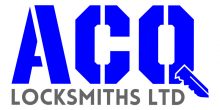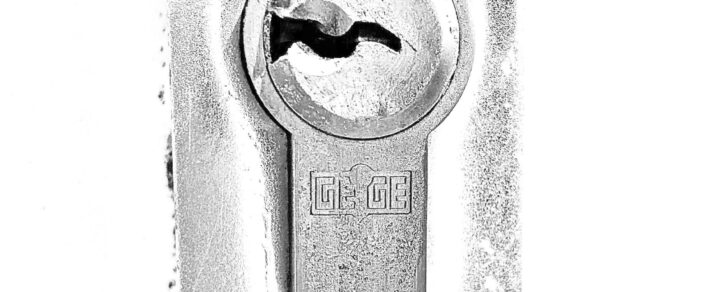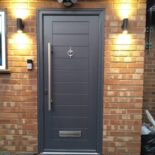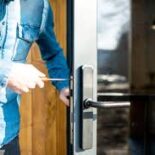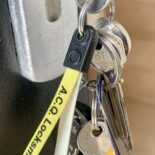When it comes to securing our homes, businesses, and valuables, choosing the right lock is essential. With numerous options available, each with its own set of advantages and disadvantages, it can be challenging to determine which type of lock best suits your needs. In this comprehensive guide, we'll explore the different types of locks, along with their pros and cons, to help you make an informed decision.
Deadbolts:
Pros:
- High Security: Deadbolts provide excellent security due to their sturdy construction and lack of spring mechanism, making them resistant to forced entry.
- Durability: They are typically made of solid metal, offering durability and longevity.
- Variety: These types of locks come in different forms such as single, double, and jimmy-proof designs, allowing for customisation based on security requirements.
Cons:
- Installation: Professional installation might be required for proper fitting, especially for double-cylinder deadbolts.
- Limited Accessibility: Double-cylinder deadbolts require a key for entry from both sides, which can pose a safety hazard during emergencies if the key is misplaced.
Padlocks:
Pros:
- Versatility: These types of locks are versatile and can be used on a variety of items such as gates, lockers, and storage units.
- Portability: They are lightweight and easily transportable, making them ideal for securing items on the go.
- No Installation Required: Padlocks don't require installation, offering immediate security without the need for tools or professional assistance.
Cons:
- Susceptible to Cutting: Some padlocks can be vulnerable to cutting or picking, depending on their quality and design.
- Limited Security: While they provide a basic level of security, padlocks may not offer the same level of protection as more robust locking mechanisms.
Keyless Entry Systems:
Pros:
- Convenience: Keyless entry systems eliminate the need for keys, offering convenient access through methods such as keypad codes, biometric scans, or smartphone apps.
- Enhanced Security: These types of locks often feature advanced security features such as encryption and temporary access codes, minimising the risk of unauthorised entry.
- Remote Access: Some keyless entry systems allow for remote access control, enabling users to lock or unlock doors from anywhere with an internet connection.
Cons:
- Dependency on Power: Keyless entry systems rely on power sources such as batteries or electricity, which can be prone to failure and result in lockouts.
- Initial Cost: The initial cost of keyless entry systems may be higher than traditional locks, although they can offer long-term savings through enhanced security and convenience.
Smart Locks:
Pros:
- Integration with Smart Home Systems: Smart locks can integrate seamlessly with smart home systems, allowing for centralized control and automation.
- Remote Management: Users can remotely manage smart locks via smartphones or other connected devices, providing flexibility and convenience.
- Customizable Access: Smart locks enable customizable access permissions, such as temporary codes for guests or service providers.
Cons:
- Cybersecurity Risks: Smart locks are susceptible to hacking and cybersecurity threats, potentially compromising the security of the premises.
- Dependency on Connectivity: Smart locks rely on internet connectivity or Bluetooth connections, which can be unreliable in certain situations or prone to technical issues.
Summary
Choosing the right lock depends on various factors such as security needs, budget, and personal preferences. By weighing the pros and cons of each type, you can make an informed decision to ensure the safety and security of your property. Remember to prioritise security while also considering factors such as convenience and ease of use.
